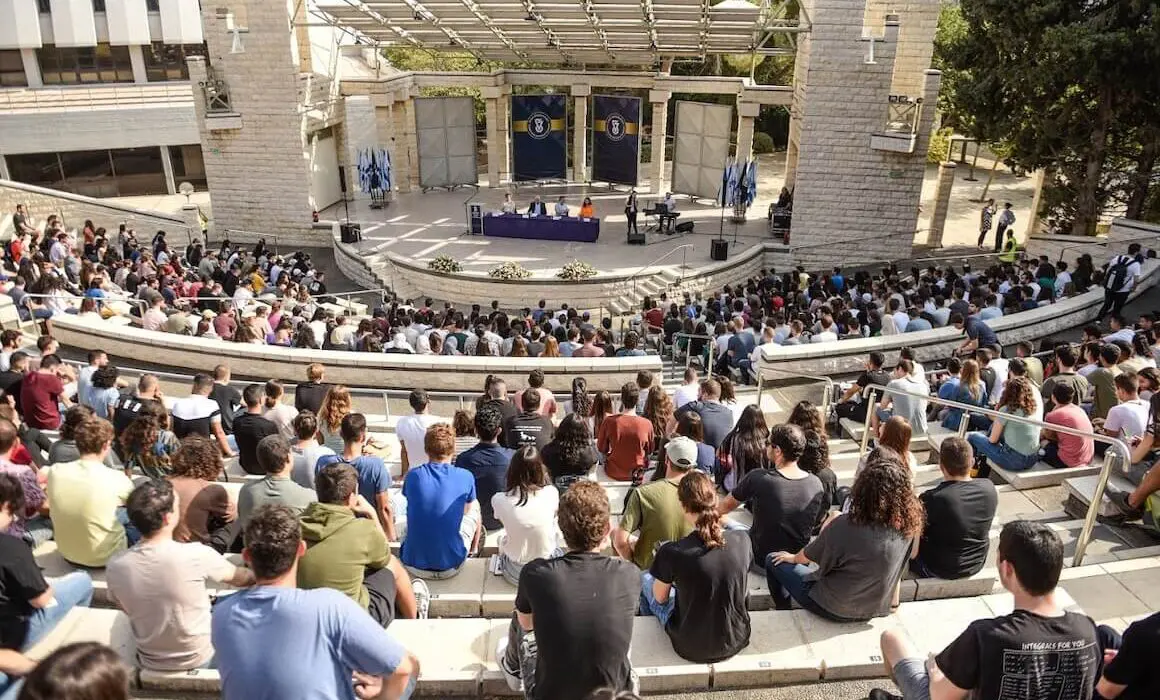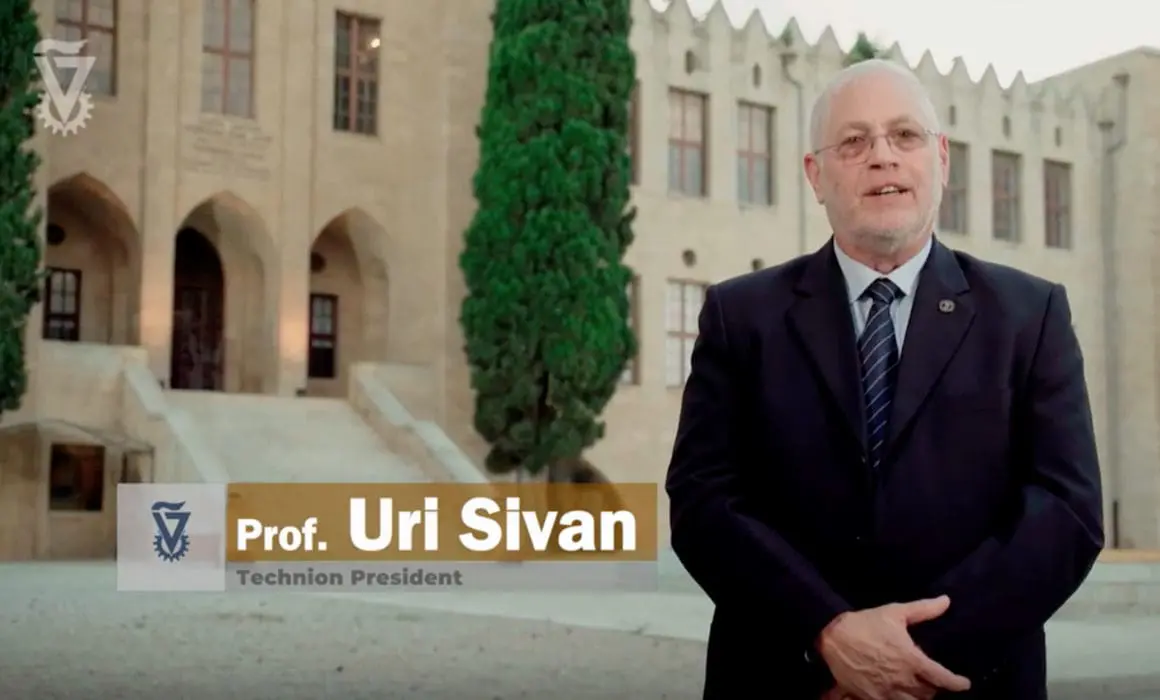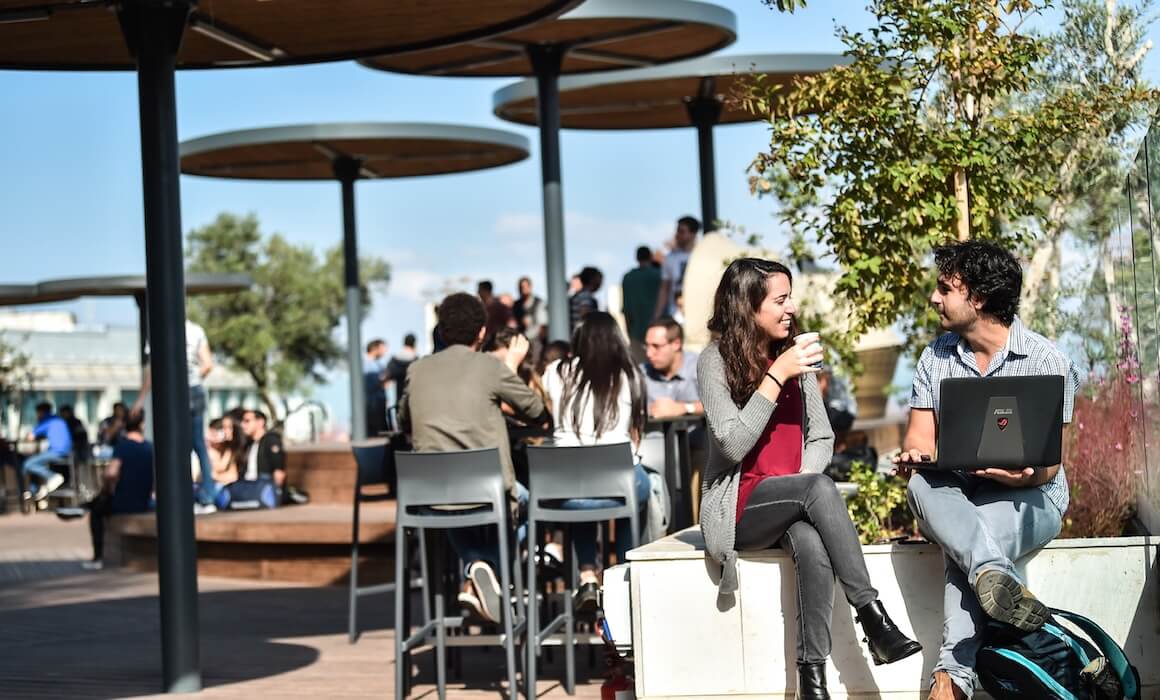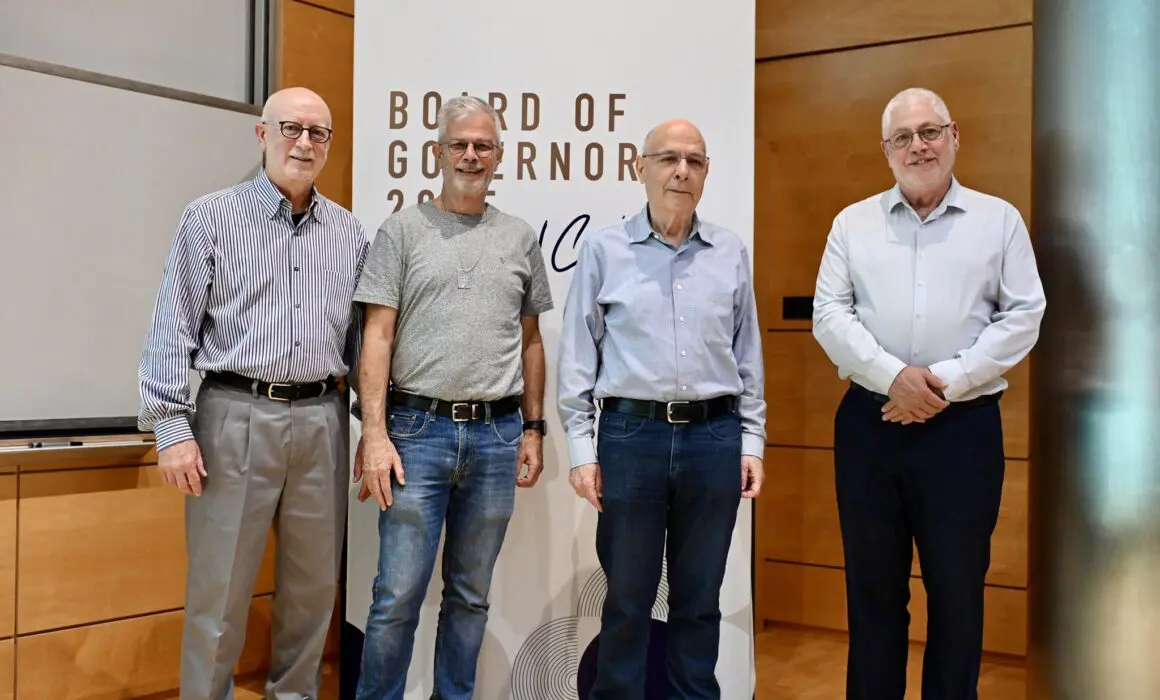Prof. Sivan: A New President for the Technion
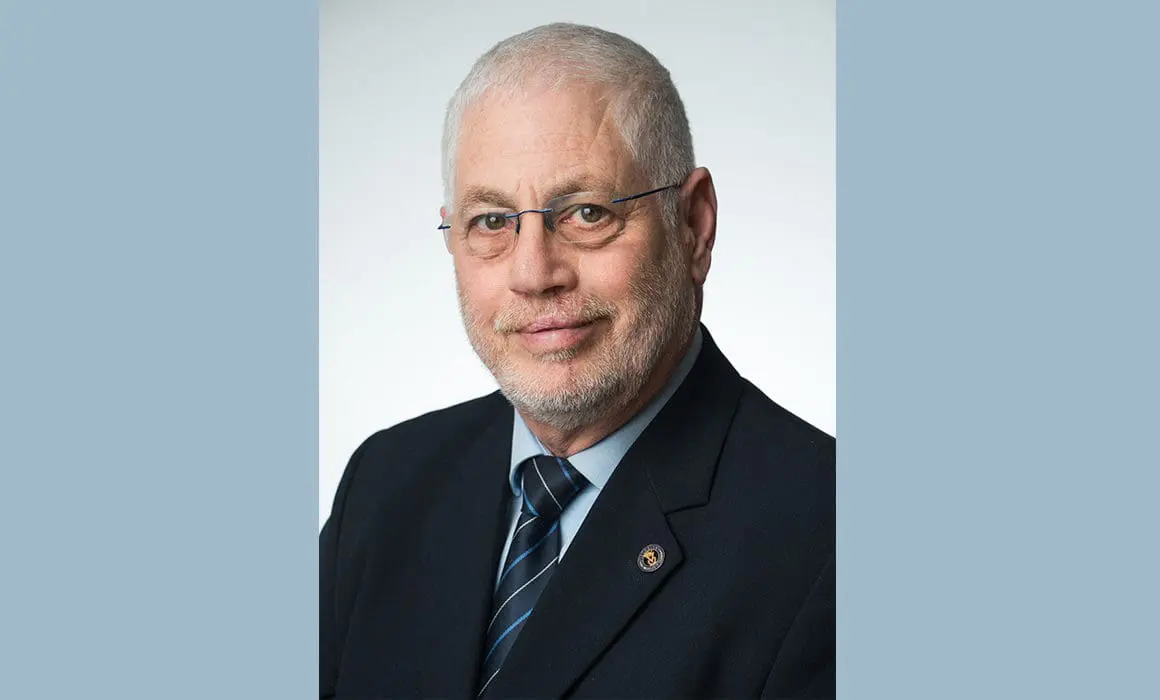
On October 1, 2019, Professor Uri Sivan became the Technion – Israel Institute of Technology’s 17th president. He succeeded Professor Peretz Lavie, who ended a 10-year term in office.
The appointment, as Prof. Sivan noted at his inauguration ceremony, is personal to him. His parents immigrated to Israel from Poland in 1936 to study at the Technion after universities across Europe closed their doors to Jews. Prof. Sivan joined the Faculty of Physics at the Technion in 1991, where he holds the Bertoldo Badler Chair and a number of leadership positions.
Meet Prof. Sivan
Prof. Sivan’s research over the years has covered a wide range of fields, including quantum mesoscopic physics and the harnessing of molecular and cellular biology for the self-assembly of miniature electronic devices.
In addition to founding the Russell Berrie Nanotechnology Institute (RBNI) at the Technion, which he headed from 2005 to 2010, he has more recently directed the National Advisory Committee for Quantum Science and Technology.
The Technion: Stronger than Ever
Thanks to the incredible efforts of outgoing Technion President Prof. Lavie, the Technion is stronger than ever.
The university now has a truly global footprint, with campuses in China and New York. The Technion has jumped from last place to first place among Israeli universities in student satisfaction. And in the past 10 years, some 270 new faculty members have joined the Technion, producing scores of scientific articles and winning numerous research grants and prestigious awards.
A New Vision for the Future
No other institution is better positioned to tackle the greatest challenges of the 21st century: human health, energy, the environment and sustainability, advanced manufacturing, and education. The Technion is home to some of the brightest minds in each of those fields.
Yet as Prof. Sivan noted in his remarks, the key to addressing those challenges will be to adopt an interdisciplinary mindset — something that is already baked in to the Technion’s approach to research, education, and innovation.
Prof. Sivan believes the Technion must be prepared for the dramatic shifts in education we will see in the coming years. Universities are no longer the only place one can obtain knowledge. Technology has made information available to anyone, at any time, with just a few taps on one’s phone or computer. And knowledge itself is changing rapidly, with new developments and innovations announced every single day.
Yet as knowledge becomes easier to obtain and the speed of innovation increases, truth, integrity, and tolerance are in a precarious position around the world. It will be incumbent on academic institutions — in particular, the Technion — to protect and uphold truth, knowledge, and understanding.
The world is looking to the Technion for the answers — and with Prof. Sivan at the helm, the Technion will work to implement far-reaching reforms in research, curricula, teaching methodologies, and industry collaborations that will lead us through the challenges and complexities of a new era.
More Visionary Education stories
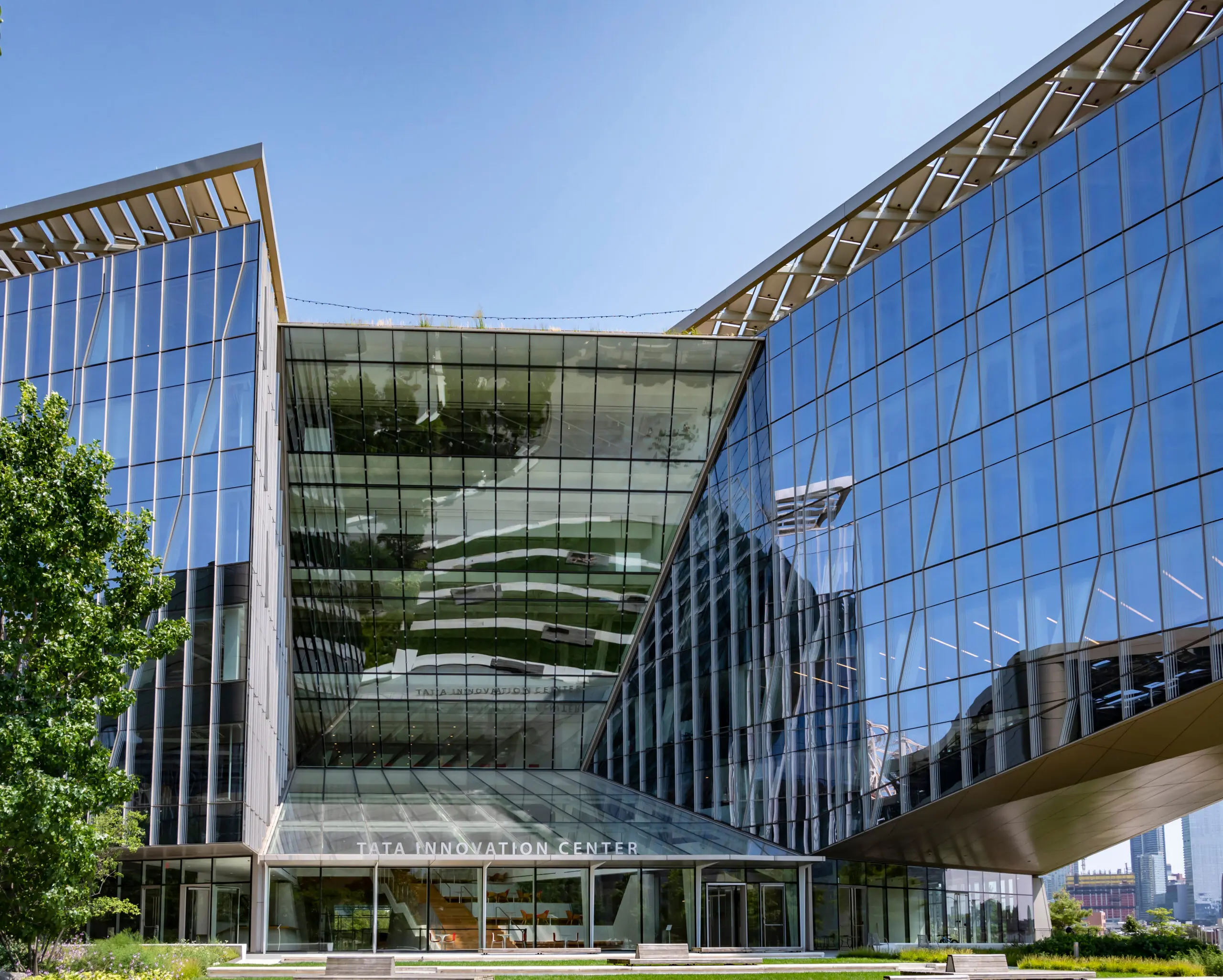
Industry Leaders Join Jacobs Institute Steering Committee
